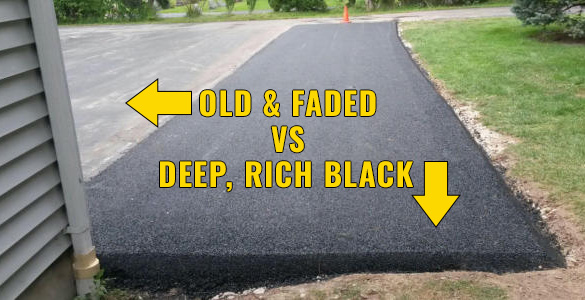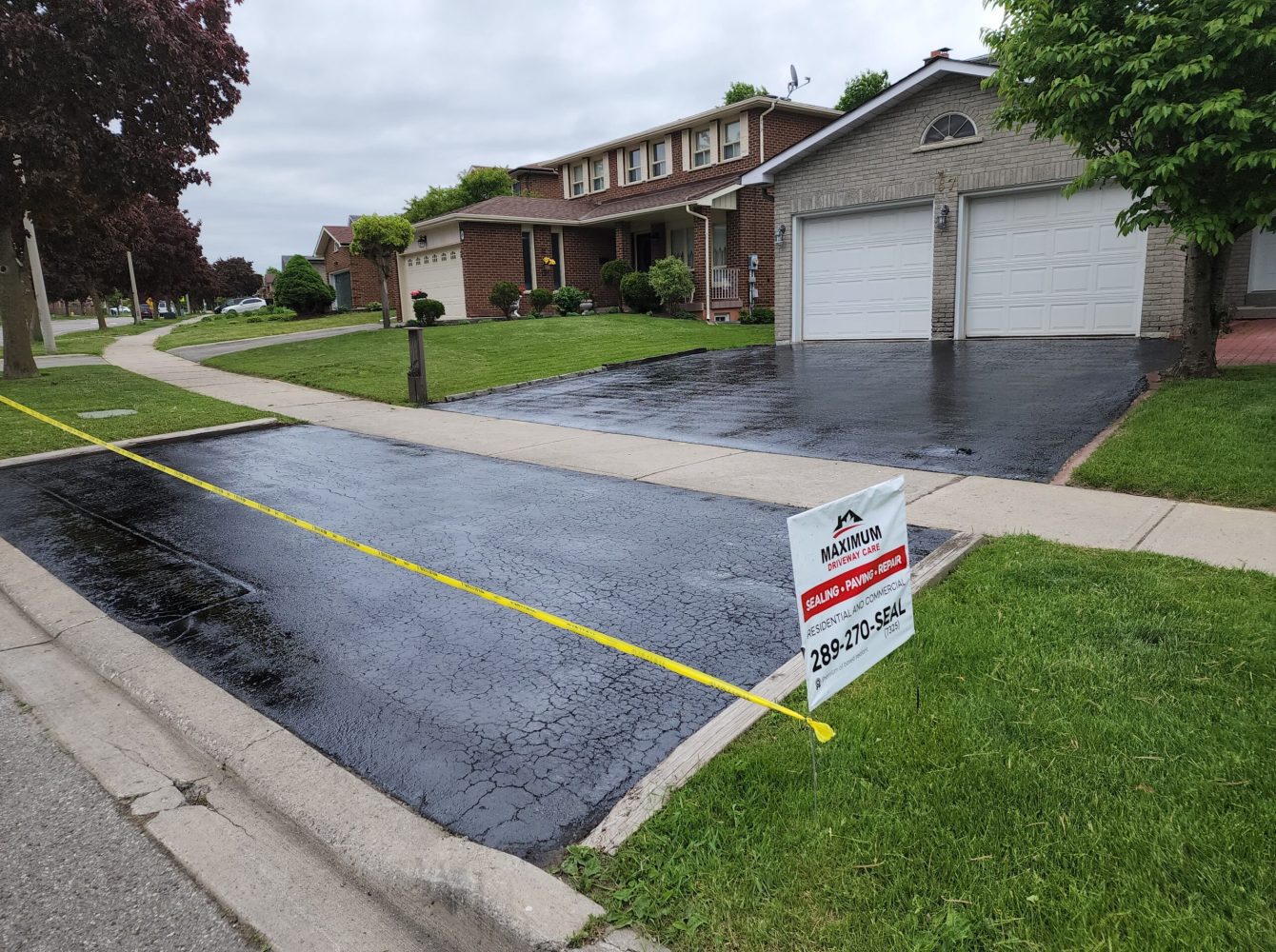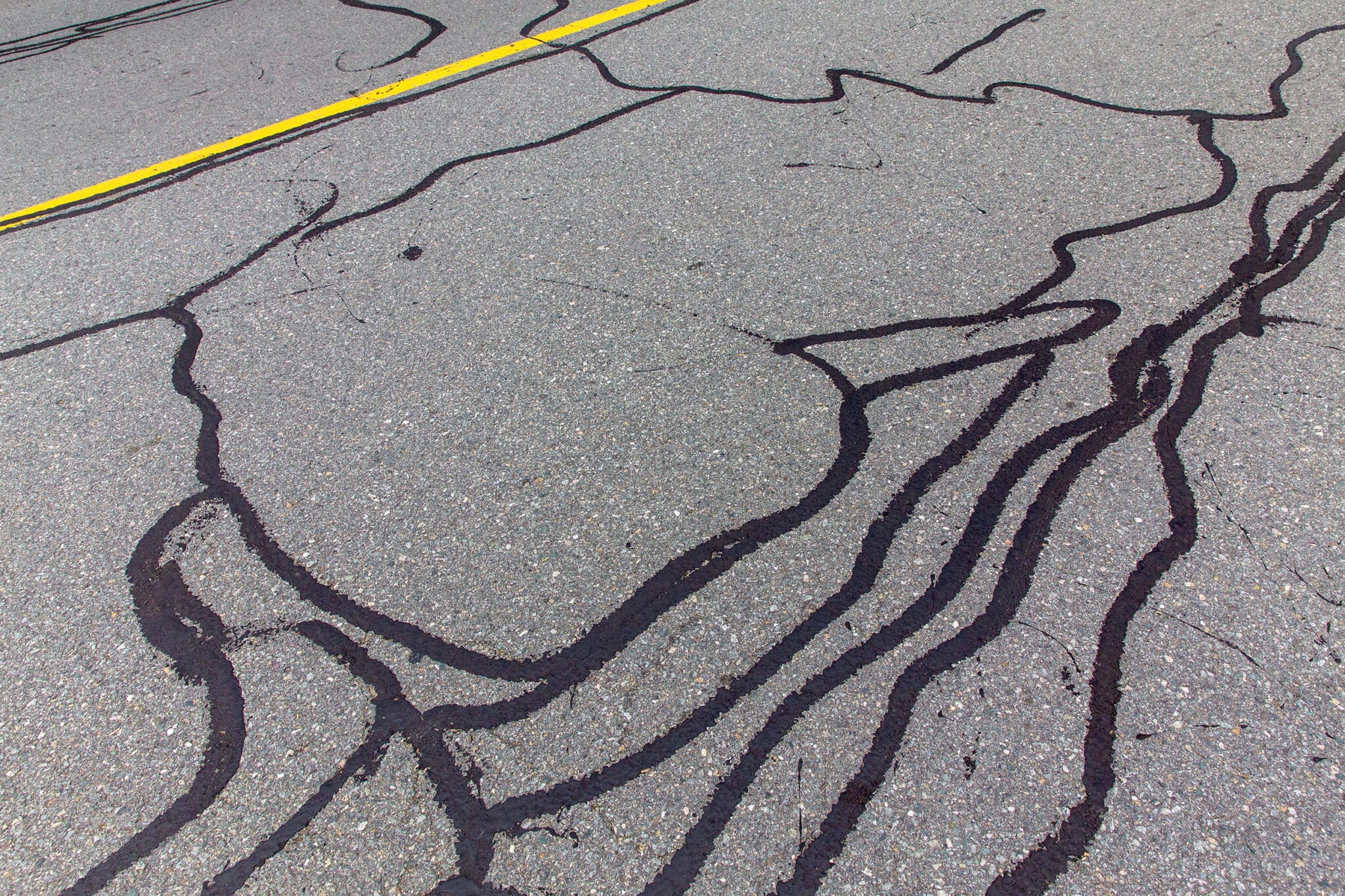Make The Most Of Financial Investment Returns: Angled Car Park Perfection with Asphalt Sealing
Make The Most Of Financial Investment Returns: Angled Car Park Perfection with Asphalt Sealing
Blog Article
Hot Mix Asphalt: A Lasting Remedy for Sidewalk
Hot Mix Asphalt (HMA) has arised as a leading sustainable option for sidewalk services, offering a myriad of cutting-edge technologies and ecological benefits. As the need for eco-friendly building practices expands, discovering the subtleties of HMA's sustainability can supply beneficial insights into the future of pavement remedies.
Environmental Benefits of Hot Mix Asphalt

Furthermore, Hot Mix Asphalt helps to mitigate urban warm island results. Its dark shade absorbs sunlight, minimizing the quantity of warmth mirrored back into the ambience compared to lighter-colored pavements. This can reduce ambient temperature levels in city areas, reducing the demand for air conditioning and eventually decreasing power usage.
Furthermore, Hot Mix Asphalt contributes to enhanced stormwater administration. Its permeable nature allows water to infiltrate the pavement and charge groundwater supplies, lowering runoff and the risk of flooding. These ecological benefits make Hot Mix Asphalt a lasting option for leading roadways and highways.
Power Performance in HMA Production
Is power performance a critical consider the manufacturing of Hot Mix Asphalt (HMA)? Absolutely. Energy plays a considerable role in the production of HMA, affecting both cost and ecological sustainability. One vital aspect of power efficiency in HMA production is the use of warm mix asphalt (WMA) innovations (commercial parking lot paving). WMA permits the blending and placement of asphalt at lower temperatures contrasted to typical hot mix asphalt, causing reduced energy consumption throughout production. This process not just lowers fuel use yet likewise reduces greenhouse gas emissions, making it a much more eco friendly alternative.
Additionally, developments in plant technologies have resulted in more energy-efficient HMA production processes. Modern plants are developed with features like recycled asphalt sidewalk (RAP) handling capacities, efficient heater systems, and improved insulation, all adding to power financial savings. By maximizing power use in HMA manufacturing, the industry can minimize its carbon footprint while keeping premium pavement materials. Power performance is, consequently, a critical factor to consider in ensuring the sustainability of Hot Mix Asphalt production.
Recyclability of Warm Mix Asphalt
The recyclability of Warm Mix Asphalt (HMA) is a crucial facet of its sustainability and long-term environmental effect. HMA is one of the most recycled materials in the United States, with over 100 million bunches of redeemed asphalt sidewalk (RAP) being reused every year in new pavement building and construction. Reusing HMA offers several environmental benefits, such as lowering the demand for virgin materials, lowering energy usage throughout manufacturing, and decreasing the quantity of waste sent to garbage dumps.
The process of reusing HMA includes milling the existing pavement, crushing it into smaller pieces, and blending it with brand-new accumulation and asphalt binder to produce a recycled mix. This recycled mix can commonly carry out along with or perhaps far better than standard HMA, while requiring fewer raw Read Full Report materials and generating reduced greenhouse gas emissions. By including RAP into brand-new sidewalk projects, road agencies can conserve all-natural sources, minimize costs, and lessen the environmental impact of roadway construction and upkeep tasks. In general, the recyclability of HMA plays a significant role in promoting lasting practices within the pavement industry.

Long-Term Performance of HMA
Asphalt pavements show longevity and strength over an extended duration, showing the long-term performance of Hot Mix Asphalt (HMA) The durability of HMA can be connected to its ability to withstand hefty website traffic tons, rough weather, and the impacts of aging. Studies have actually shown that well-designed and effectively created HMA sidewalks can last for twenty years or more with normal upkeep. The secret to making best use of the long-lasting efficiency of HMA hinges on making use of premium materials, complying with ideal methods in building, and executing efficient upkeep approaches. Proper drainage, regular inspections, and prompt repair work are necessary for protecting the architectural integrity of HMA sidewalks gradually. Furthermore, innovations in HMA modern technology, such as the use of polymer-modified binders and warm mix asphalt, have webpage even more enhanced the sturdiness and durability of HMA pavements. By prioritizing high quality building and maintenance methods, HMA remains to prove itself as a economical and lasting solution for durable pavement infrastructure.

HMA: Durability and Sustainability
Demonstrating both toughness and sustainability, Warm Mix Asphalt (HMA) has become a cornerstone in the building and construction of long-lasting sidewalk frameworks - commercial parking lot paving. HMA's durability comes from its ability to stand up to heavy tons, severe weather, and high traffic quantities, making it a trustworthy option for roadways, freeways, and flight terminal runways. The make-up of HMA, which usually consists of aggregates, binder, and filler, plays an essential duty in improving its long life and resistance to damage
Moreover, HMA's sustainability hinges on its recyclability and energy-efficient manufacturing procedure. The ability to recycle reclaimed asphalt pavement (RAP) in brand-new HMA blends lowers the need for virgin materials and reduces the environmental influence of pavement building and construction and maintenance. Furthermore, the energy efficiency of generating HMA lies in its lower mixing temperatures compared to other sidewalk materials, resulting in lowered energy consumption and greenhouse gas emissions.
Verdict
In final thought, warm mix asphalt (HMA) offers a lasting service for sidewalk with its eco-friendly qualities. HMA's recyclability, power efficiency in production, and lasting sturdiness make it an environment-friendly choice for road building and construction. By saving all-natural resources, lowering waste, and lowering greenhouse gas exhausts, HMA plays a crucial duty in promoting sustainability in facilities development. Its capacity to minimize urban heat island effects further underscores its significance in creating resilient and eco conscious pavement systems.
HMA is one of the most recycled products in the United States, with over 100 million tons of redeemed asphalt sidewalk (RAP) being recycled annually in brand-new sidewalk construction.The procedure of recycling HMA involves crushing the existing pavement, a fantastic read crushing it into smaller sized pieces, and blending it with new aggregate and asphalt binder to produce a recycled mix.Asphalt sidewalks demonstrate longevity and durability over an extensive duration, mirroring the long-lasting performance of Warm Mix Asphalt (HMA) In addition, improvements in HMA modern technology, such as the use of polymer-modified binders and cozy mix asphalt, have additionally improved the durability and longevity of HMA sidewalks. The capacity to reuse redeemed asphalt sidewalk (RAP) in brand-new HMA blends minimizes the demand for virgin materials and lessens the ecological effect of pavement building and upkeep.
Report this page